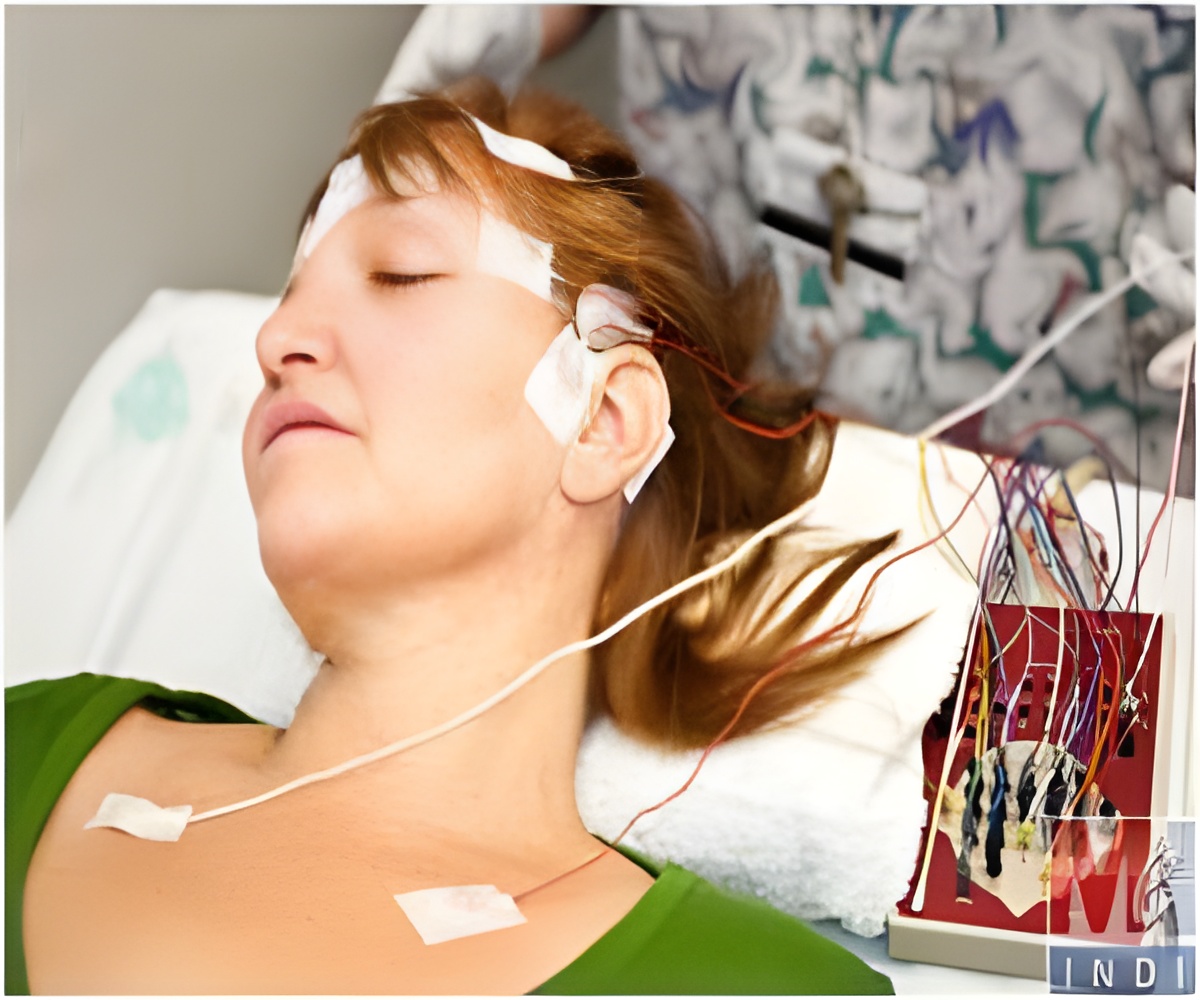Timely acute care immediately after a stroke reduces the level of disability in stroke survivors, says new research

Ireland offers an interesting context to examine stroke care as until recently, stroke services remained relatively underdeveloped and, like the health services more generally, contain a complex mix of public and private provisions. There had also been very little national service coordination of stroke and TIA services until now. The first National Audit of Stroke Care (INASC) highlighted substantial deficits in primary and secondary prevention, hospital treatment, rehabilitation, and other services.
The economic burden of stroke and TIA in Ireland in 2007 is estimated to have been €500-€816 million. Direct expenditure on stroke accounts for 2-4% of total health expenditure and 0.2-0.3% GNP in Ireland, which amounts to €345-€557million in total. 79% of direct stroke expenditure is publicly funded with out-of-pocket payments accounting for 19% of the total, and 3% from private health insurance funding.
Nursing home care and indirect costs accounts for more than 70% of total stroke costs in Ireland, highlighting the chronic phase of stroke care as the most important factor in total stroke costs. Nursing home care accounts for a higher proportion of direct costs in Ireland relative to other studies. This may reflect the fact that while effective treatments are available to reduce acute stroke morbidity and mortality, these services are not universally provided in Ireland. The national audit of patients receiving acute care in 2005 found that less than 2% of stroke cases were treated in a stroke unit and 1% received thrombolysis.
This study is the first to provide a detailed analysis of total direct and indirect annual stroke and TIA costs using Irish-specific data. The Irish perspective does suggest that current nursing home costs are higher than they might otherwise be if more timely acute care reduced the level of disability in stroke survivors and associated need for long-term care.
Samantha Smith, joint author of the paper and Post-Doctoral Fellow at the Economic & Social Research Institute, said: "This type of study highlights the economic burden imposed by the chronic phase of stroke disease and the support from the Irish Heart Foundation in funding this study is very much appreciated. Acute stroke unit care is known to be cost effective and all acute stroke patients can benefit from care in these units with lower risks of death and disability. Stroke thrombolysis, for suitable cases, reduces disability and is also known to be cost effective. Enhanced provision of these evidence-based treatments for stroke in Ireland is now ongoing, supported by Government via the Health Service Executive. It would be expected that the associated reduced level of disability in stroke survivors in Ireland would give rise to a reduction in the need for long-term care and associated long-term care costs."
Advertisement
Key points
Advertisement
- Total cost of stroke and TIA in Ireland is estimated to have been €500–€816 million in 2007.
- The total cost of stroke comprised €345–€557 million in direct costs and €143–€248 million in indirect costs.
- The chronic phase of the disease (e.g., nursing home care and indirect costs) accounts for the largest proportion of the total annual economic burden of stroke.
- The total cost of TIA in Ireland was approximately €11.1 million in 2007.
Source-Eurekalert














